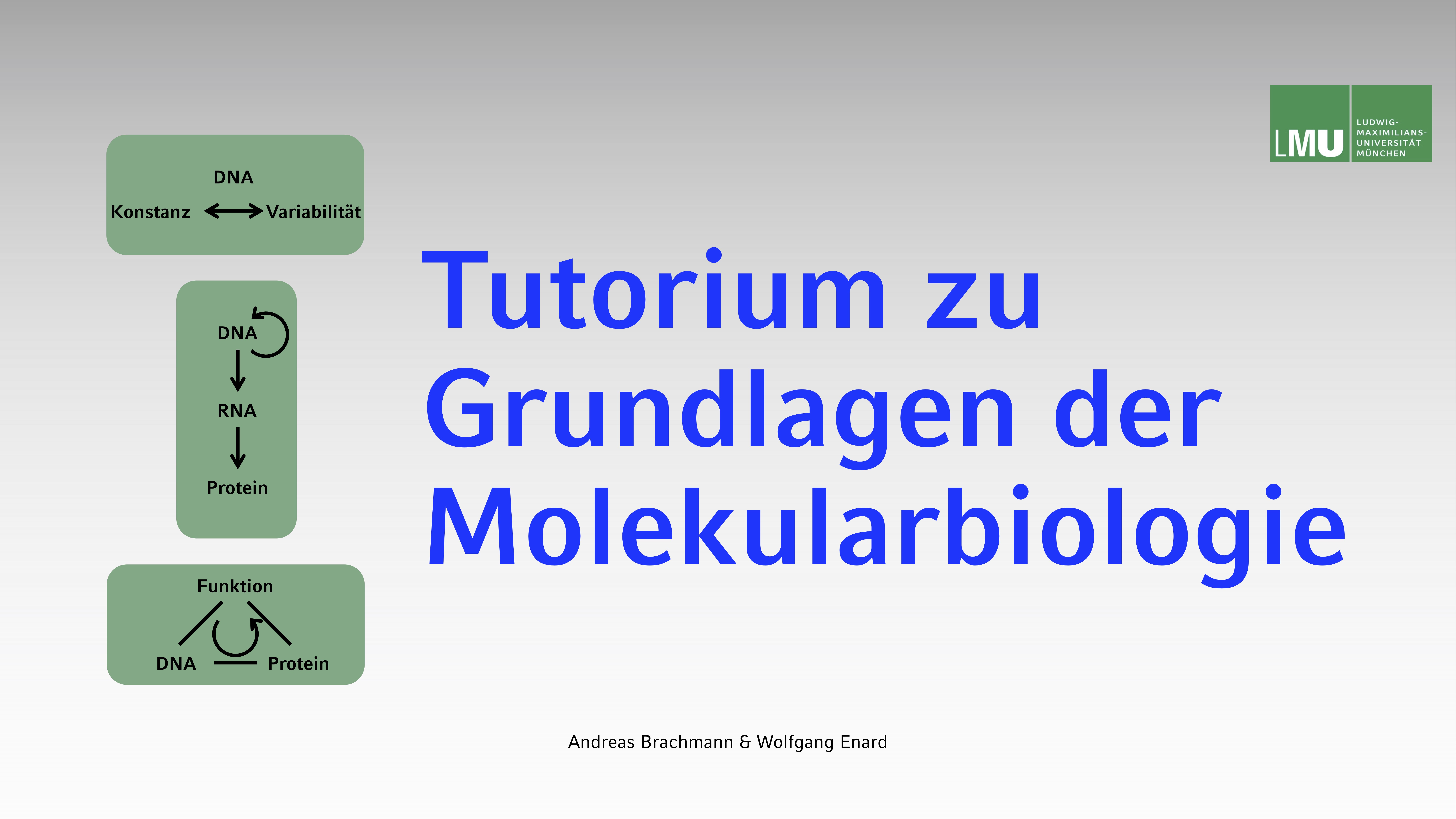- Trainer/in: Silke Robatzek
- Trainer/in: Katarzyna Rybak
- Trainer/in: Jessica Folgmann
- Trainer/in: Marta Martin Rivero
- Trainer/in: Silke Robatzek
- Trainer/in: Constance Tisserant
- Trainer/in: Noémie Becker
- Trainer/in: Filipe Dias Vieira
- Trainer/in: Laura Krassini
- Trainer/in: Jingli Lao
- Trainer/in: Eliana Mor
- Trainer/in: Silke Robatzek
- Trainer/in: Oséias Rodrigues Feitosa Junior
- Trainer/in: Neysa Rodriguez Murillo
- Trainer/in: Alessa Ruf
- Trainer/in: Katarzyna Rybak
